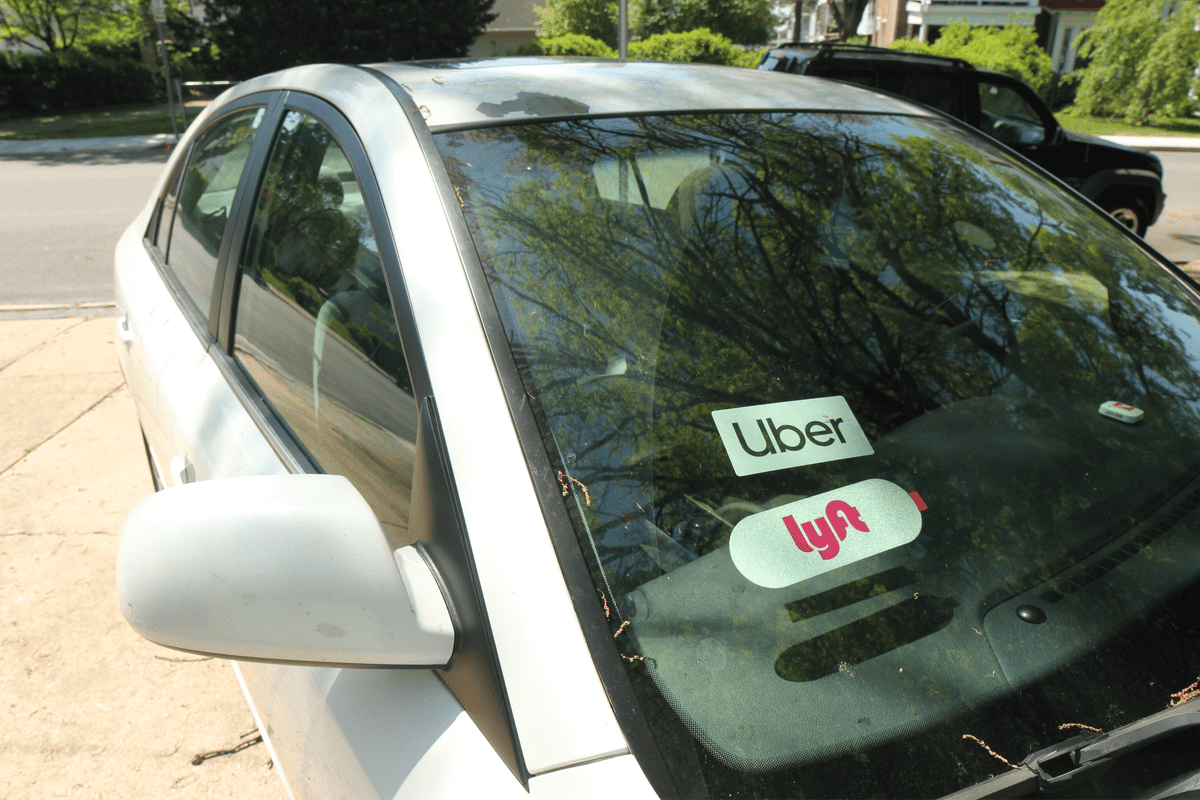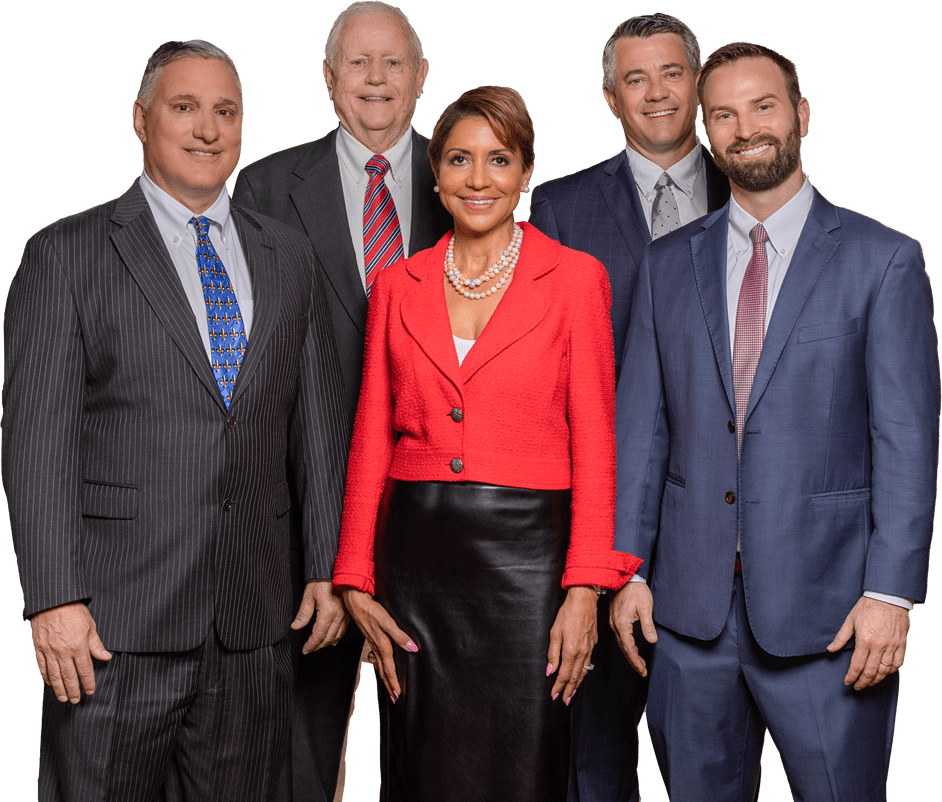
Will Good does not remember much about that early April morning last year. He remembers requesting an Uber to take him home from the restaurant where he worked as a chef in Boston, Massachusetts. After working a 14-hour shift, he was exhausted. He recalls the Uber driver, Jonas Yohou, speeding down the street, swerving through turns. After that, his memory goes black.
Just a few blocks away from Good’s destination, Yohou smashed into a parked car. His body was thrown around the backseat. His head slammed into a headrest, breaking his neck.
The wreck rerouted his life. Instead of returning to the job he loved as a chef, he was left paralyzed. Over the past year, he struggled, adapting to life as a quadriplegic.
Yohou had a long record of driving violations, and Uber fell into the hot seat again. Repeatedly, Uber has claimed that they are not responsible for the actions of their drivers because the drivers are independent contractors. By not referring to drivers as employees, it creates a protective partition between the ridesharing company and legal liability.
Will Good is not accepting Uber’s excuse and has filed a lawsuit against the rideshare company, alleging their drivers are not appropriately screened or supervised. He is seeking $63 million in damages, hoping it will result in increased and improved oversight for all the ridesharing companies.
Previously, the operations of ridesharing companies were limited to Louisiana’s larger cities – New Orleans, Baton Rouge, and Lafayette. But in July of 2019, new legislation was passed that addressed the issue.
Louisiana’s Act. No. 286 established a regulatory framework so app-based rideshare services could expand statewide. Falling under the oversight of the Louisiana Department of Transportation and Development (DOTD), this act opens new ridesharing markets in smaller towns and rural areas.
Because Uber and Lyft are the largest of these ridesharing companies, this legislation installs safeguarding requirements, including:
Uber and Lyft are the largest ridesharing companies in the country, and when it comes to their individual operations throughout Louisiana, their standard operating procedures are similar but do differ slightly.
The minimum requirements for Uber drivers in New Orleans are a bit looser than Lyft in terms of drivers and vehicles. Uber drivers need:
Uber requires their drivers’ vehicles:
The driver must also have their name on an auto insurance policy. The vehicle’s VIN number on the policy must match the one on the vehicle. Uber also provides automobile liability insurance for all its drivers in the U.S.
What the insurance covers depends on when and how an accident occurs. If a driver is listed as available in the app, or if they are waiting for a ride request. It also depends on if a personal third-party liability insurance policy is at play. The insurance Uber maintains on behalf of the driver includes:
If a driver is on the way to pick up passengers or taking them to a destination, the insurance policy includes:
Lyft’s insurance policies are the same, but the driver and vehicle requirements differ from Uber’s. To operate a Lyft vehicle in the City of New Orleans, they require:
Drivers are required to:
In addition, drivers will also need to provide several documents, including:
After an auto accident involving a Louisiana Uber or Lyft driver, the passenger should be cognizant of three key details:
The answer to this question usually emerges later in an investigation, determining if the company:
These details can determine who the injured party can seek liability damages from and whether the claim can be escalated beyond the driver to the company that negligently insured and promoted an at-fault driver.

With over 50 years of legal experience serving families in the New Orleans area and surrounding Louisiana communities, our firm takes pride in providing clients with personalized legal services tailored to individual needs.